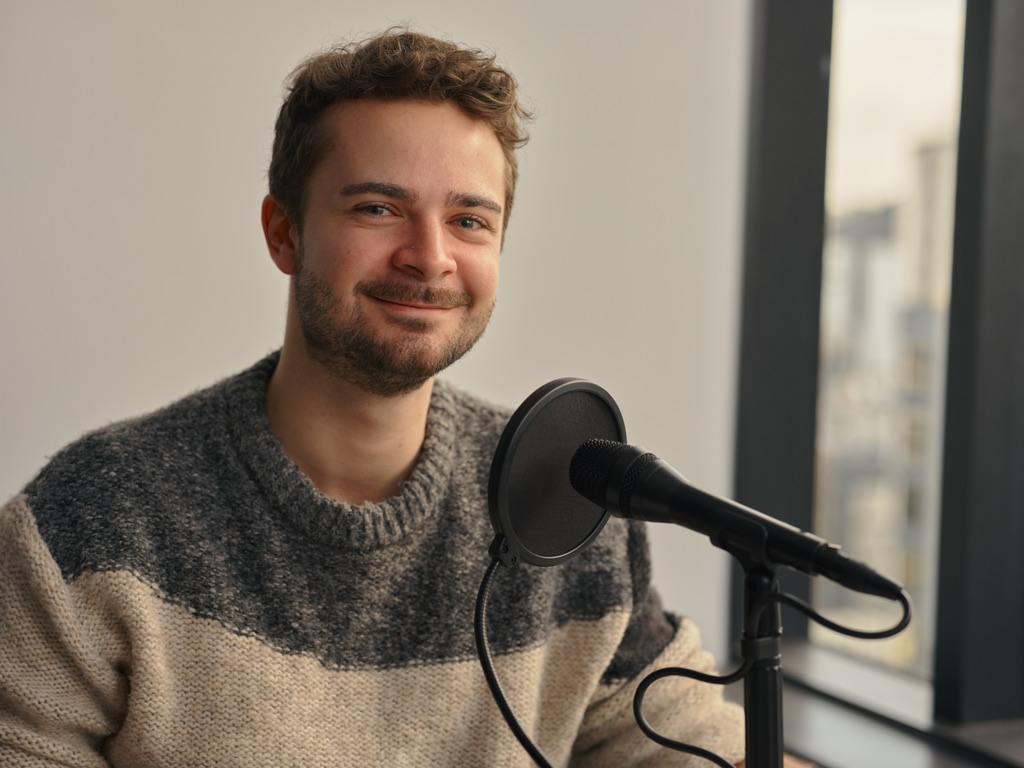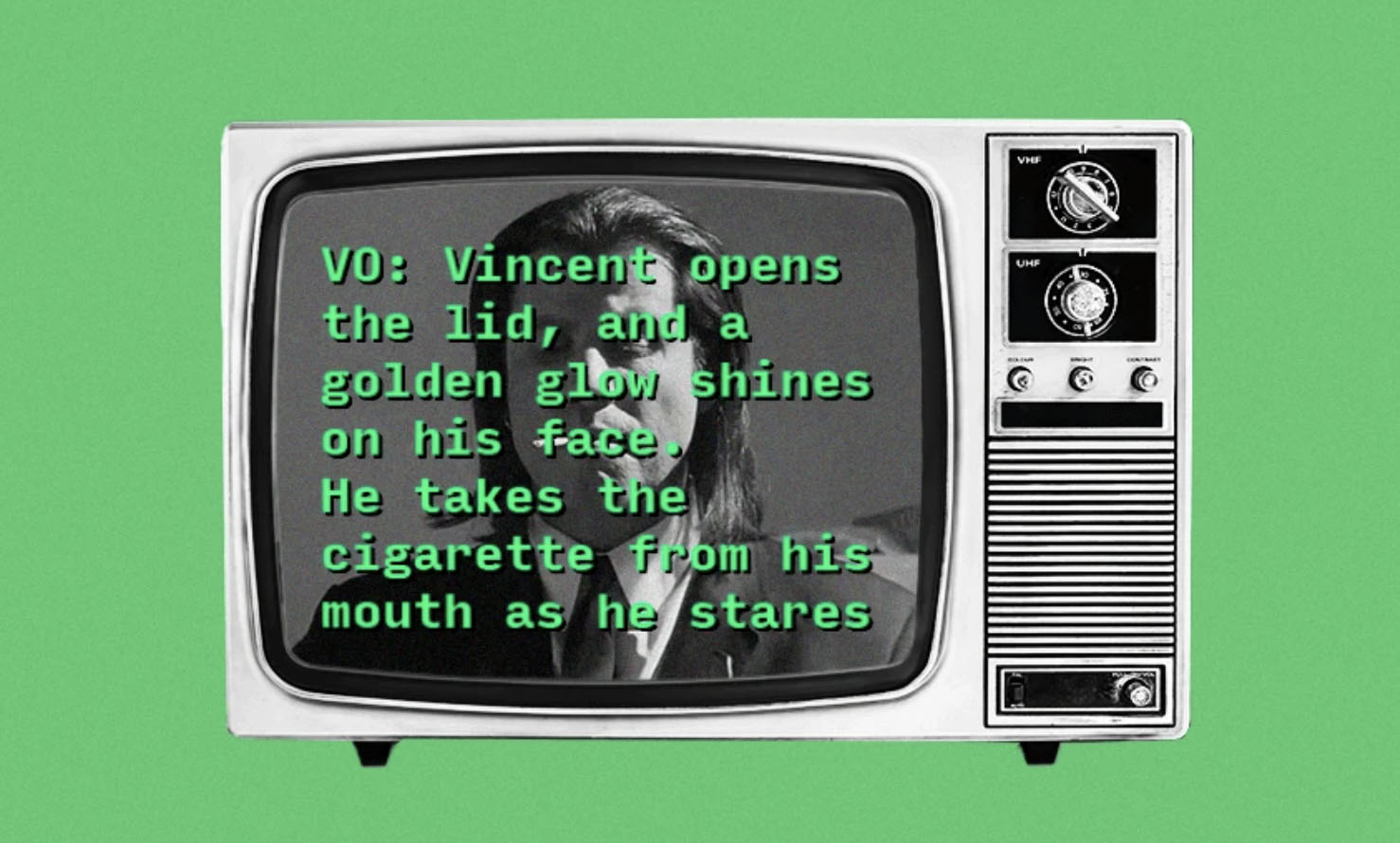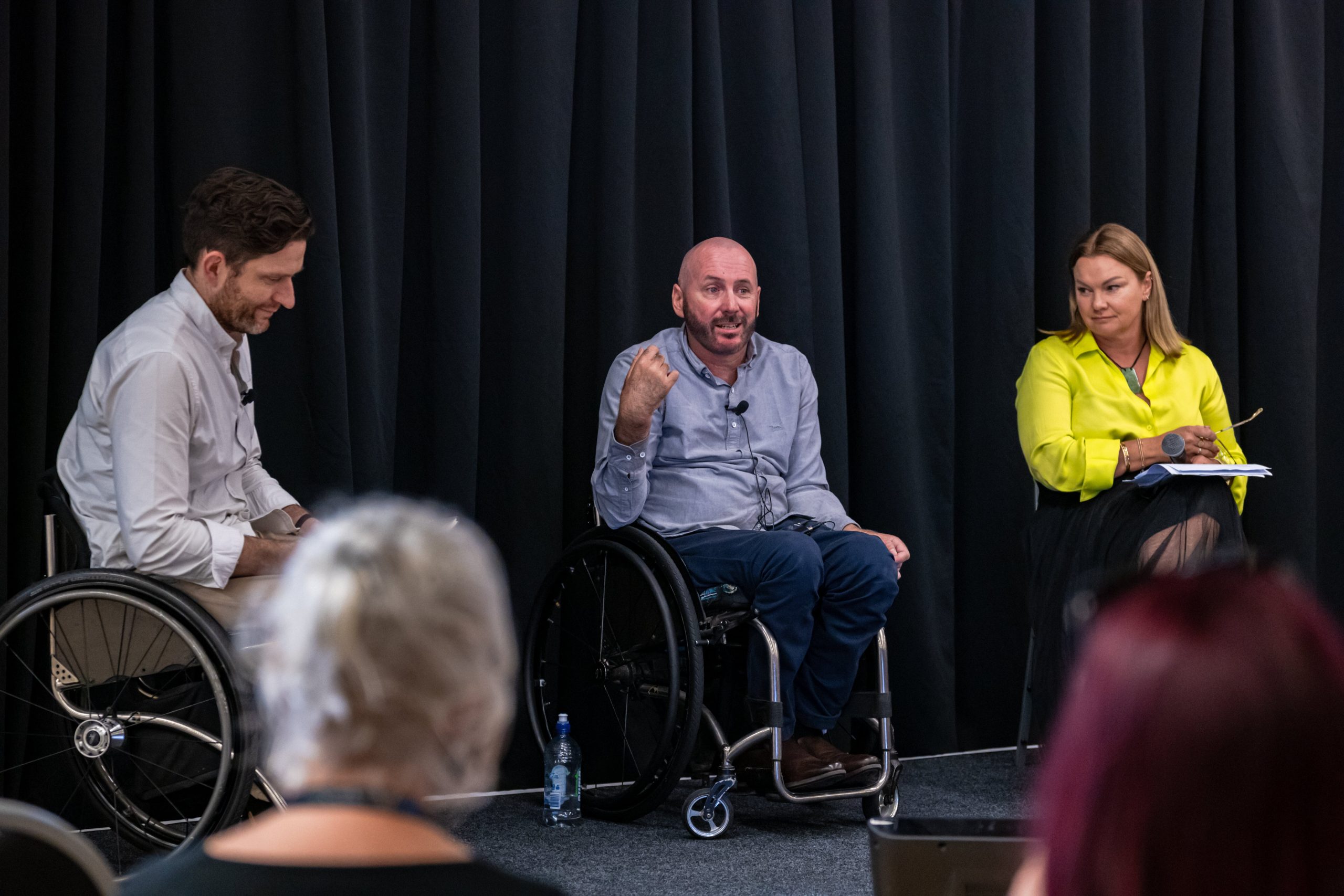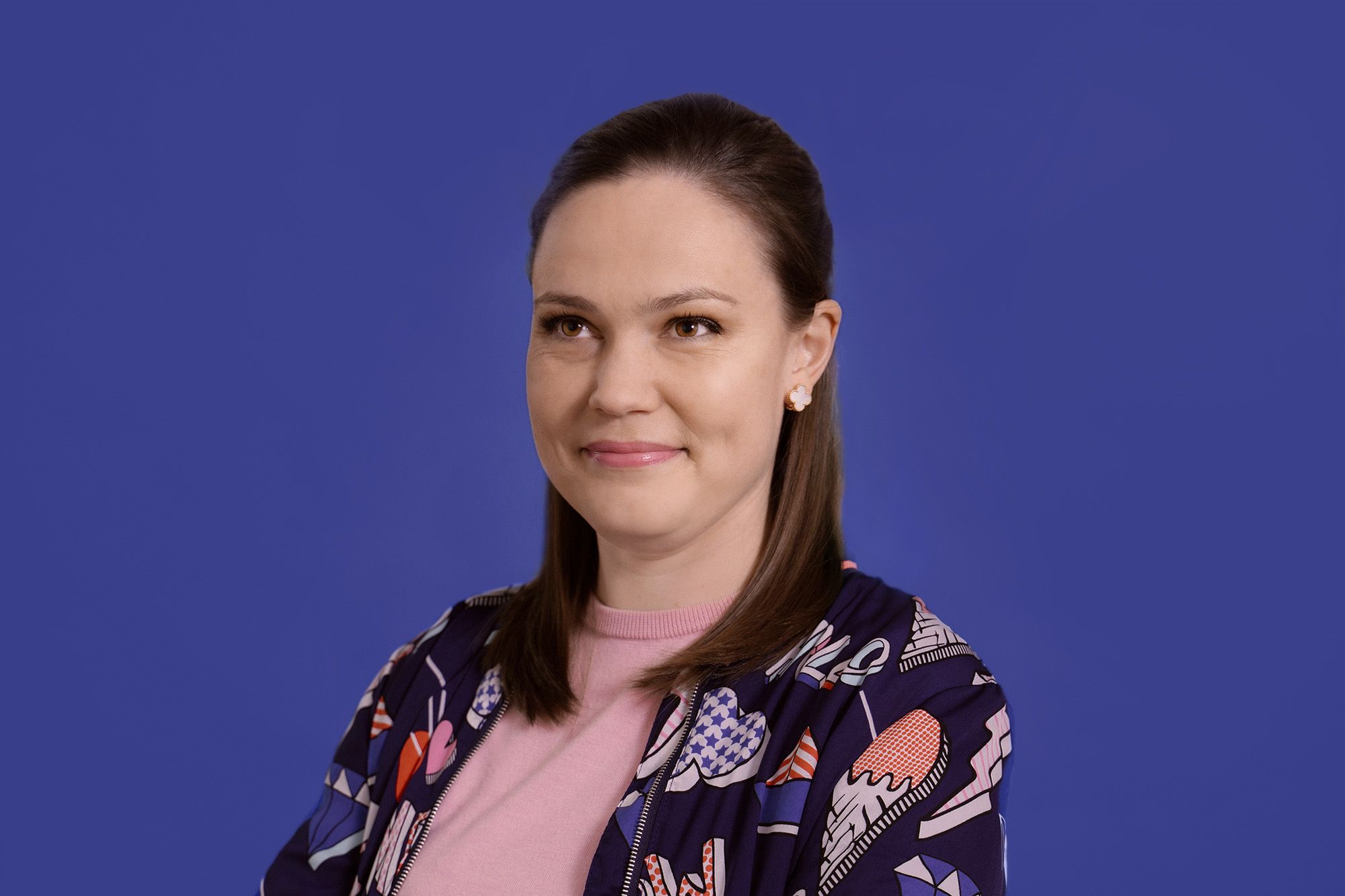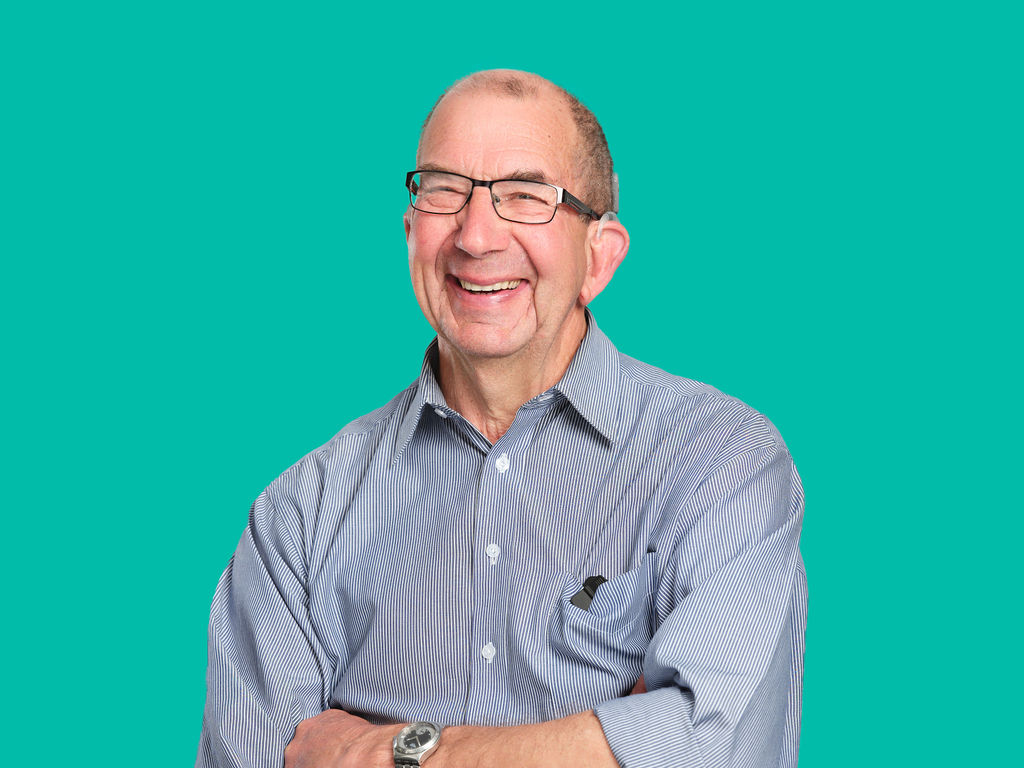Jane Wrightson is New Zealand’s Retirement Commissioner. Before that, she was the Chief Executive of NZ On Air from 2007 to 2019, where she played an important role in helping Able move out of TVNZ to become its own charitable trust, independent of broadcasters.
Kia ora, Jane. What’s your memory of what went down when Able was being set up?
Firstly, I can’t believe it’s 10 years. That was the most shocking part of it, really – it’s 10 years? You probably know that Able was a business unit inside TVNZ for years. That service had been funded by NZ On Air, pretty much since the beginning of NZ On Air. The year before Able was set up, TVNZ came to me and said, as part of a wider business reshuffle they were doing, they wanted to disestablish Able as a business unit. They wanted to set it up as a business, and did we have any views on that, because they were just about to do it. And I said, very quickly, that, yes, I had very strong views about that.
I quite understand that it’s a business opportunity, but it was also fully publicly funded. In my view, it would have been far better to set it up as a charitable organisation, so that every available dollar was poured into service delivery and shareholder funds.
The trust was established. That took about 6 months and it was quite crunchy at various times, as the extrication from TVNZ had to be really carefully done. It was difficult because you had technology issues as much as anything else, never mind the people and all the rest of it. And there were some quite crunchy conversations, where TVNZ was trying to have the most commercial outcome for them, i.e. costing them no money, and we would say, yes, but, yes, but there are things you need to do. In other words, a usual commercial association.
I was very keen in an environment where there’s always less supply than there is demand, every dollar was able to go into service delivery, because we knew we were barely touching the sides of what needed to be done for the hearing and visually-impaired audiences.
Wendy and Lewis both told us you were a real advocate for Able and felt strongly about keeping the services in New Zealand. Why was that?
Because media access is so incredibly important, I mean, somebody has to advocate hard because in the absence of legislation, you are relying in many ways on goodwill.
I firmly believe that an international service couldn’t do it effectively, not the least of which there would be issues around Te Reo, obviously. And NZ On Air, you know, if we were able to, we would always favour local provision for perfectly obvious reasons. It has local cultural competency and it provides jobs.
Have you kept your relationship with Able at all through the years?
Oh, absolutely. I was the chief executive at NZ On Air for 13 years. And, you know, startups that you’re involved in are always close to your heart.
I had an enormous amount of respect for Wendy. It was a big call to put her on as chief executive because she didn’t have top executive experience. She did an extraordinary job, to rise up to that challenge and to run a really strategic and competent organisation. I don’t think it would have been anywhere near as good as what it is now without Wendy at the helm.
And seeing it change through these years, how do you feel about where it is now?
Able’s funding comes from a bucket called the platform funding, which means they have to go on an application every year. The chances of stopping funding would be remote – the NZ On Air board would need to have an extraordinary series of conversations to stop funding Able – but the benefit of an annual application is there is a chance for the organisation to sit down and evaluate what it’s done, what it’s achieved, and what the challenges are.
So I’ve seen the evolution, and it’s been amazing. They’ve managed really well with the technology, I think, and are staying ahead. It’s a pretty limited budget, as you know. It’s large in the public purse, but it’s never enough. So the ability to stay ahead of technology and to leverage that has been enormously clever.
As a funder, you are at arm’s length. So my direct involvement in this project was relatively unusual, but I was very making sure it was set up to succeed, not set up to fail, because that would have been bad for everybody, including me. I think they’re one of the success stories of business start ups.
